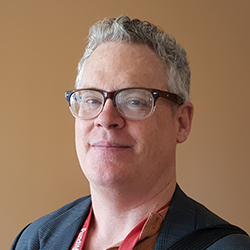March 31, 2017 | Fact Checking
Panel will discuss how fact checking moved from the sidelines of journalism to front and center
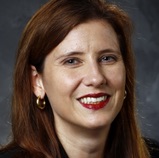
Following the 2016 presidential election, fact-checking journalism came out on top. While fact checking is common during every election, the race between President Donald Trump and Hillary Clinton resulted in a wider adoption. The Washington Post launched a tweet fact-checking extension and PolitiFact saw the highest number of page views in its history.
PolitiFact editor Angie Holan said interest in fact checking had been growing for years, but it was the election that propelled it to the forefront.“I started at PolitiFact in 2007 and watched it grow every single year,” Holan told the Knight Center. “Last year was a tsunami. Everybody was doing fact checking and it was common to see fact checks as the most emailed or most viewed story on major websites.”
Holan will discuss “Fact Checking: The international trend of verifying public discourse,” on April 21 at the 2017 International Symposium on Online Journalism (ISOJ). Holan will be joined by Alexios Mantzarlis, director at Poynter’s International Fact-Checking Network; Craig Silverman, Buzzfeed media editor; Laura Zommer, executive director and editor-in-chief of Chequeado in Argentina; and panel chair W. Gardner Selby, editor of PolitiFact Texas/Austin-American Statesman.
“At one time, [fact checking] was seen as an interesting sideline of journalism, but in 2016 it really became front and center,” Holan said.
In the past, Holan said major news outlets would often take up fact checking during the presidential race then pursue more traditional stories once the election was over. This year, she said news outlets have kept up their efforts to verify any claims the President and his administration are making.
“It seems to be just as much a part of news coverage in covering the presidency,” Holan said. “I would attribute that to the unique character of Donald Trump.”
With the increased attention, criticism of the fact checking journalism hasn’t been far behind. Depending on the outlet, Holan said readers sometimes view fact checking or fact checkers as having an agenda.
“I argue that [fact checking] is not partisan,” Holan said. “It’s only perceived that way because we’re living in such a polarized political system where people tend to evaluate politicians and public policy discussion based on their own party affiliation rather than facts or general principles.”
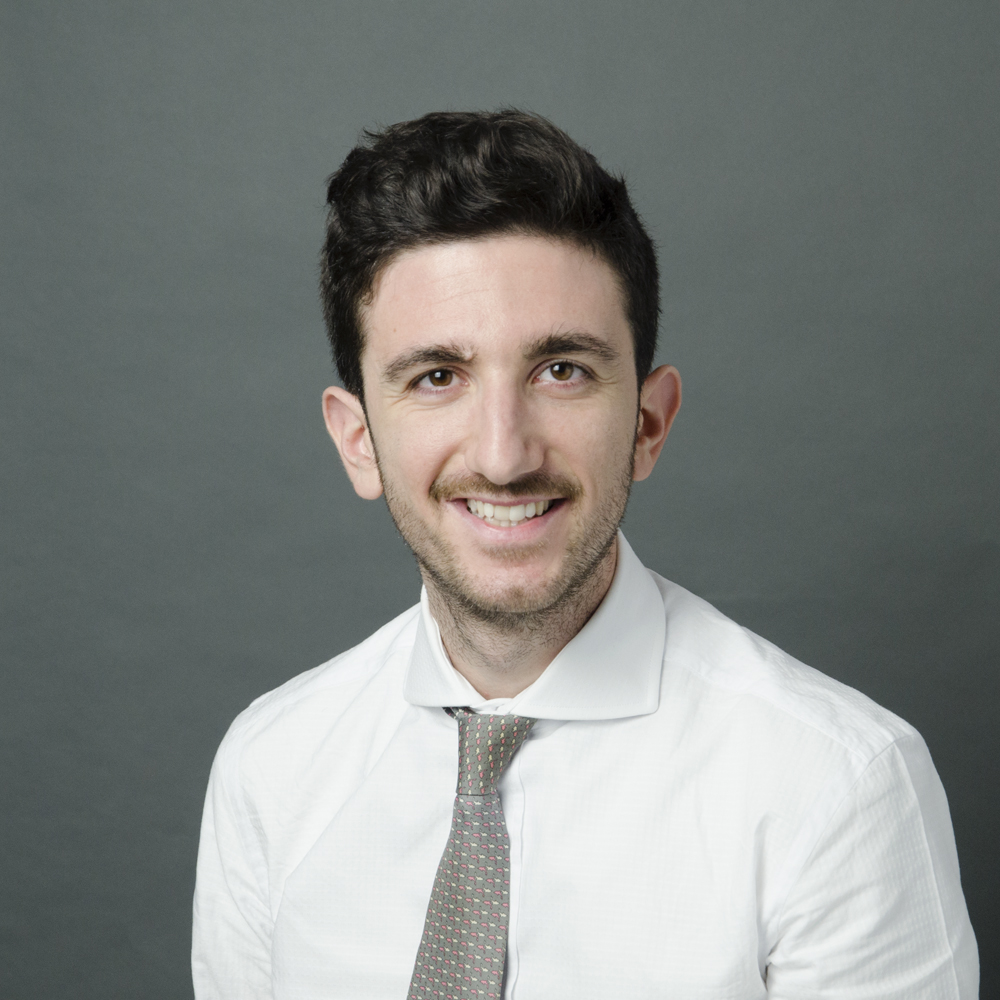
Alexios Mantzarlis, director at Poynter’s International Fact-Checking Network (IFCN), said the perception that fac-checkers are biased has also been hindered by partisan outlets masquerading as fact checkers.
“Because of its visibility, there’s been attempts from partisan agencies to hijack fact checking by cloaking themselves within the movement,” Mantzarlis said.
In response, the IFCN launched their fact checkers’ code of principles in order to help readers differentiate between higher level fact checkers and the rest.
“It boils down to transparency,” Mantzarlis said. “How do you choose the claims you fact check? Do you have a good corrections policy? You need to be nonpartisan and fair. You need to target all sides of a political argument.”
Mantzarlis said in addition to competing with fact checkers from the parties, fact-checking journalism has also gone head-to-head with President Trump.
“When Donald Trump undermines our capacity to measure something like the unemployment rate, it makes it harder for us to do anything with public policy because our basic research and indicators are being made useless,” Mantzarlis said.
In the end though, Mantzarlis said it’s reader’s confirmation bias that often poses the biggest challenge and is part of the reason that people believe “fake news.”
“We are hard wired as humans to be resistant to facts that don’t correlate with our mindsets,” Mantzarlis said. “The confirmation bias is real. So how do fact checkers overcome that?”
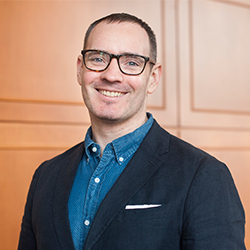
Considered an expert on the proliferation of fake news on the internet, Craig Silverman of Buzzfeed has been studying the subject for years.
When he first started looking into the subject, Silverman observed that fake news websites were just a way to drive traffic to websites. In an interview with nonprofit educational organization Facing History and Ourselves, he described how fake news evolved into websites making up information in order to drive a specific agenda.
Today, the sheer volume of these websites means it’s more difficult for people to decipher what information can and cannot be trusted.
“I would be surprised if the majority of people in the US has a uniform view of what fake news is,” Silverman said. “I think a lot of people think fake news is CNN and The New York Times and anything that is critical of President Trump. Then there are people who think fake news is anything that is supportive of the president.”
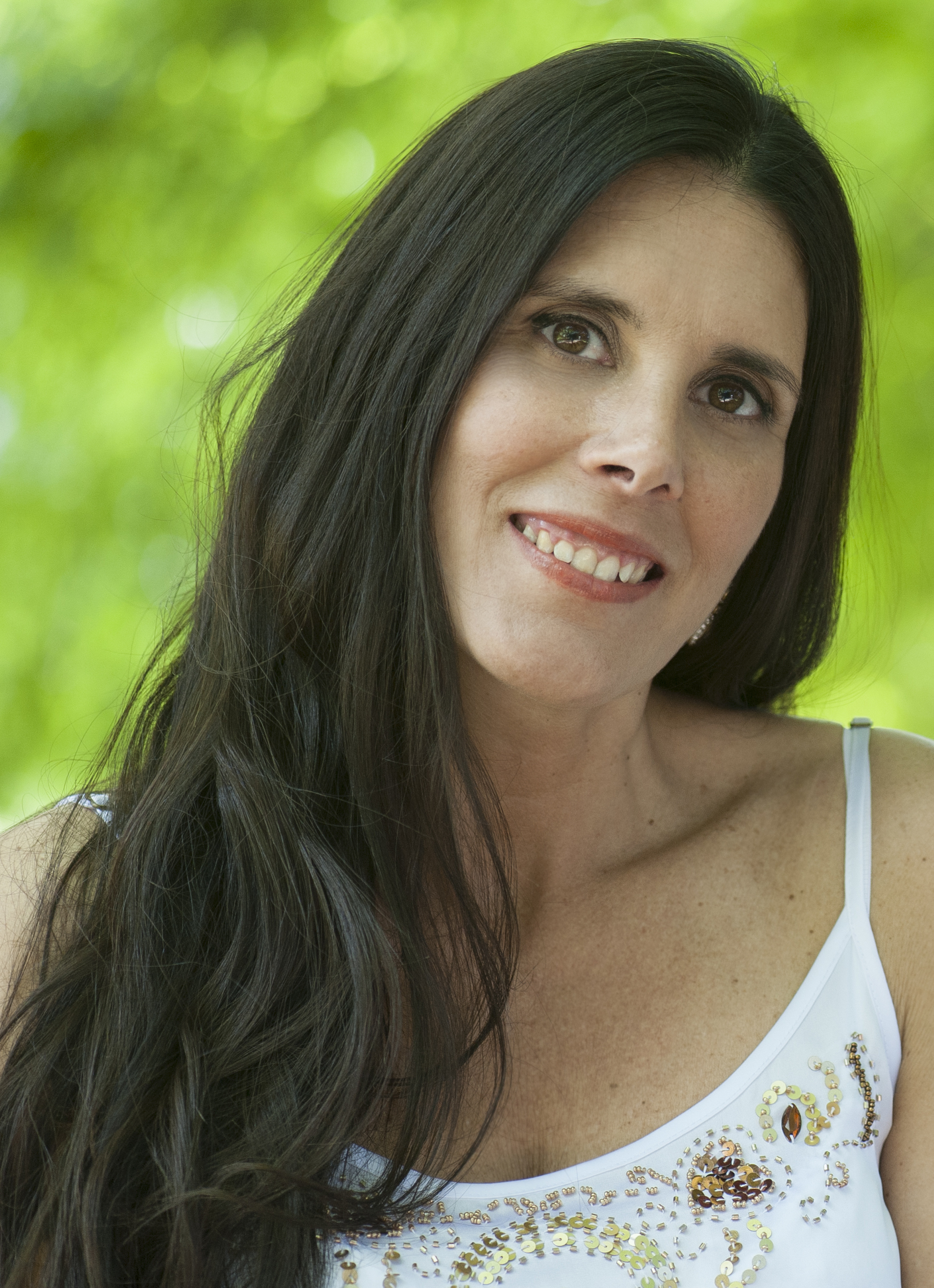
Even if people are able to determine which outlets are trustworthy, in many cases, reader’s minds are already made up. In an interview with Poynter, Laura Zommer of Chequeado in Argentina said that, despite it’s popularity, fact checking doesn’t always work to change people’s minds.
“What the Trump phenomenon does is put in front of our noses something that almost all of us know: we fact-checkers have no impact on voting decisions. In this case, those who vote Trump don’t do it because of his accuracy,” Zommer said.
When asked about possible impacts of fact checking on public policy, Gardner Selby, chair of the fact checking panel at ISOJ, cautioned that it’s harder for journalists to gauge and more of a question for elected leaders and others in public service.
“Day to day, I care the most about serving readers, citizens, voters – those who decide who’s holding each office. Also, it’s the research that leads up to each “rating” of a fact-checked statement that matters most, I hope,” he continued. “Ideally, the facts we gather and share before airing a rating help everyone who takes the time to read a fact check. The ratings are the sizzle on the steak, so to speak.”
There is still time to register for the 2017 International Symposium on Online Journalism (ISOJ). Reserve your spot today to make sure you can hear these panelists discuss the present and future of fact checking.


